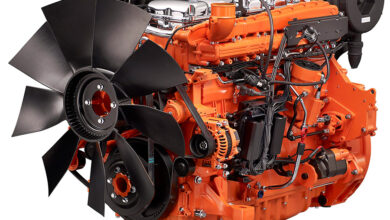Many organizations struggle to make the idea of daily, continuous improvement a reality. Improvement projects often rest in the hands of dedicated specialists, targeting big-step improvements that can take a long time to complete. Unfortunately, this approach leaves front-line employees and their supervisors feeling disconnected and unengaged. As a result, improvement is slow, and the potential for enhanced productivity and innovation remains untapped.
Enter Toyota Kata training—a transformative approach that empowers managers to become true leaders of rapid improvement. This training is based on the principles developed at Toyota, where continuous improvement is woven into the fabric of daily operations. Rather than relying solely on specialists, Toyota Kata encourages all employees to embrace a culture of improvement.
At its core, Toyota Kata consists of two main components: the Improvement Kata and the Coaching Kata. The Improvement Kata provides a structured framework for problem-solving and goal achievement. It guides teams through a process of setting a challenge, understanding the current condition, establishing a target condition, and conducting experiments to reach that target. This iterative approach not only fosters a mindset of continuous learning but also equips employees with the skills to tackle challenges head-on.
Meanwhile, the Coaching Kata focuses on developing leaders who can mentor and support their teams in this journey. By cultivating a coaching mindset, managers learn to ask the right questions, facilitate discussions, and encourage experimentation. This empowers front-line employees, making them active participants in the improvement process.
Toyota Kata training ultimately transforms how organizations approach improvement. Instead of viewing it as a series of isolated projects, companies can integrate continuous improvement into daily routines. This shift not only boosts morale but also accelerates innovation, leading to more agile and responsive teams.
Embracing Toyota Kata training can catalyze a cultural shift within organizations, enabling them to realize the full potential of daily, continuous improvement. By equipping managers and empowering employees, businesses can move toward a future where rapid improvement is not just an aspiration, but a reality.





